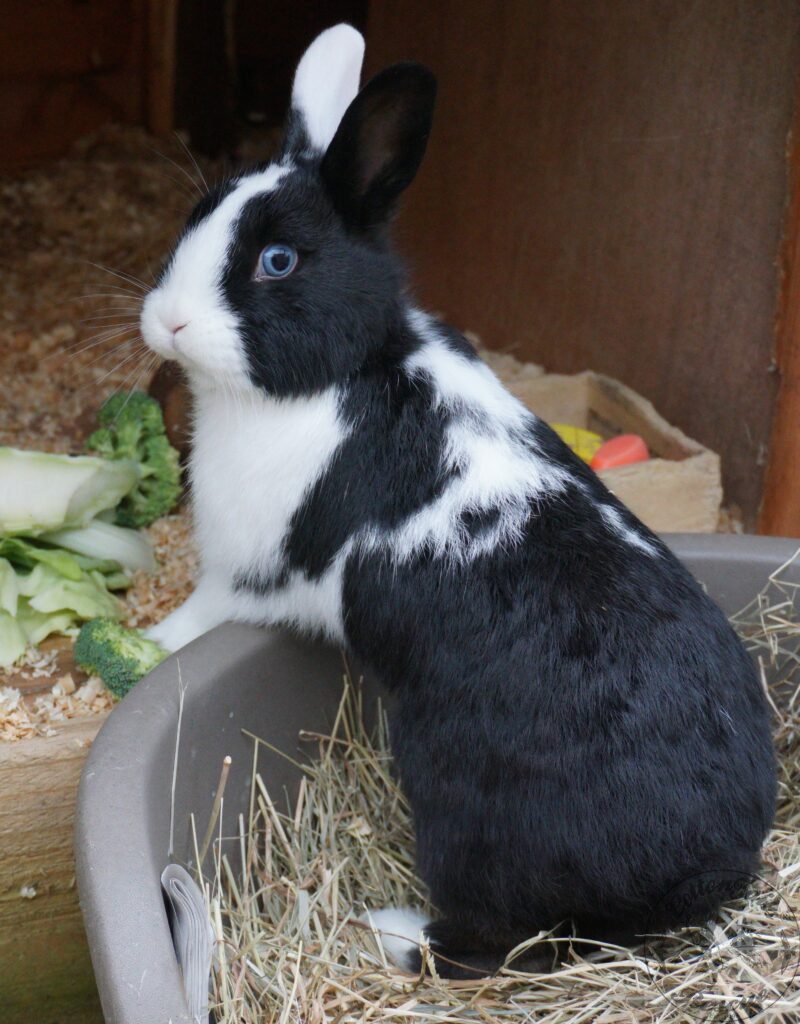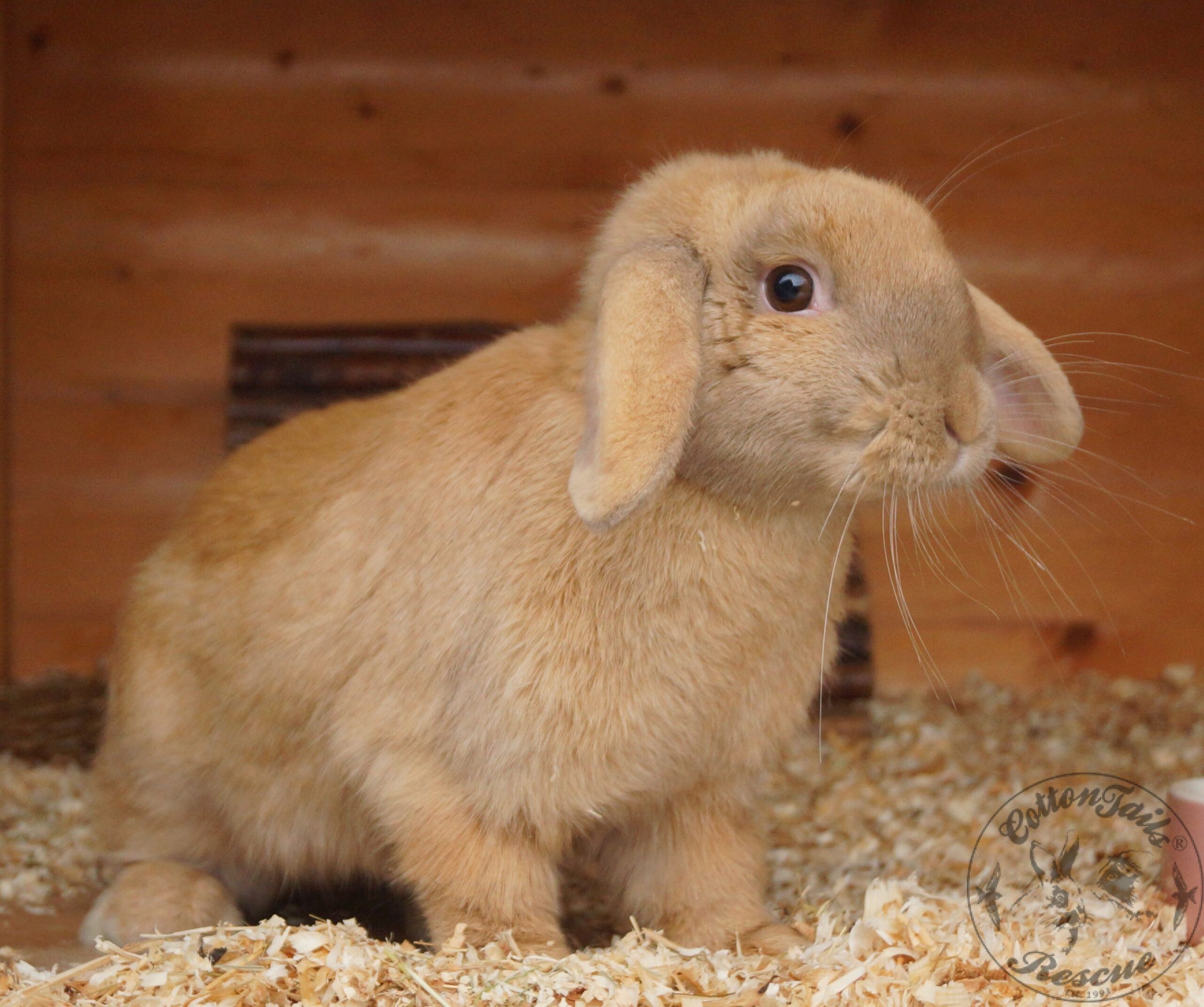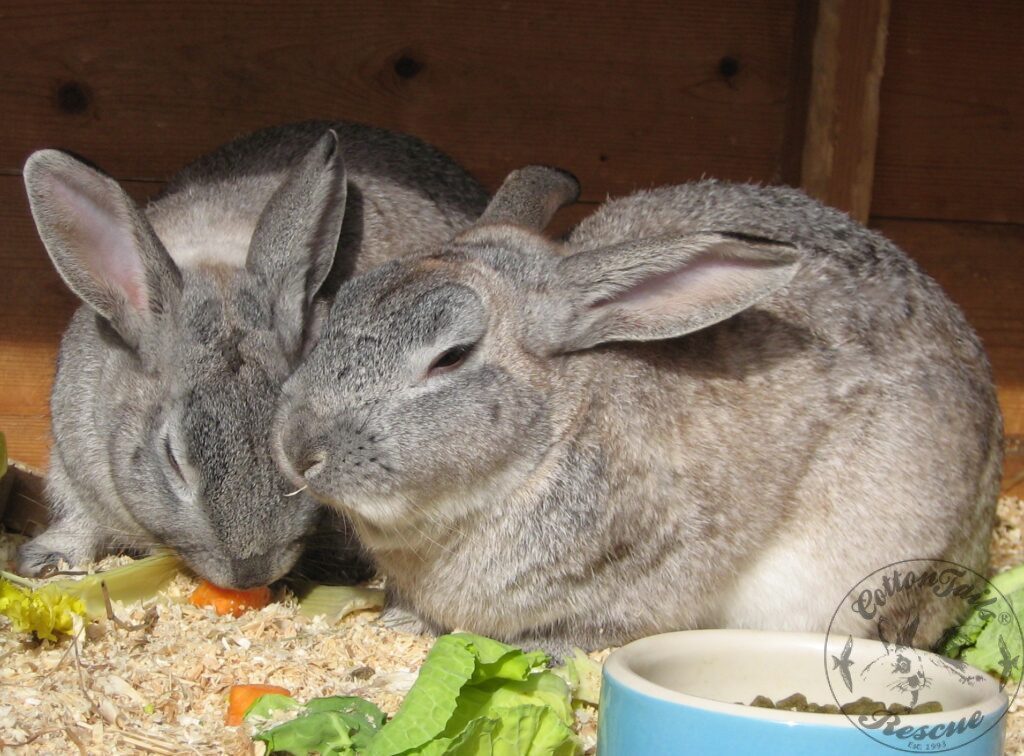Fostering, what is it all about?
In a previous article elsewhere on the website, we discussed how to set up a rabbit rescue – the pros, cons, and practicalities you need to know about before you start. This article focuses on fostering, its relevance and its importance to rescue work in general, focusing on rabbits and guinea pigs, but the general points also apply to other pets. Many things need to be considered, whether you are thinking of becoming a foster carer or are the nominated coordinator in a charity or organisation.
For many rescue centres, having an excellent foster care system is vital to the successful running of the charity. Being able to place an animal that is ready for adoption in a good temporary home has several advantages:
- It frees up a space that can then be used to take in another animal in need.
- The animal gets more attention in a typical home environment away from possible stressors such as noise and predators (for example, moving a rabbit away from large numbers of noisy dogs and cats). This can decrease unwanted behaviours the animal has developed whilst at the centre and build trust between the animal and carer, vital components in making an animal more prepared for adoption.
- The foster carer enjoys caring for and rehabilitating an animal without making a long-term commitment, often a rewarding experience for them and their family.

Becoming a Foster Carer
Fostering rabbits and guinea pigs can be very rewarding and is usually at little cost to the foster carer on a day-to-day basis. However, the following points are worth consideration:
- Do you have experience keeping rabbits or guinea pigs? It would be a definite advantage if you have kept them before, so you know what you are letting yourself in for, but at the very least, you must be ready and willing to learn and follow advice. Some animals have special needs and requirements, so it may take longer to find their new home, and it is important to tell the coordinator if you feel you cannot commit to the possibility that the animal may be with you for some time.
- Why do you want to become a foster carer? This fundamental question is fundamental, as motives are not always clear even to ourselves, so working out why you want to do this is a crucial step before you start. Are you prepared for the hard work that it can entail? Fostering can be very emotional at times, both in positive and rewarding moments and heartwrenchingly sad times, too – will you be able to cope with this?
- How often do you go away on holiday? If you are away regularly, it is likely that being a foster carer is not going to work out. If this happens too frequently, the charity will find it hard to accommodate the animal at the centre whilst you are away.
- Do you have enough funds to pay for the day-to-day costs such as food and bedding? Whilst the charity will pay for veterinary expenses, you will likely be expected to foot the bill for the routine expenditures.
- Do you have suitable accommodation to house the rabbits or guinea pigs? If not, the charity may be able to assist by putting you in touch with someone who has suitable equipment available, but this is not always possible, and you may have to source your equipment. It must comply with the charity’s standards, so checking all this before signing up is essential.
- It is essential to understand that the charity staff will make decisions regarding veterinary treatment and adoption of the animals under the guidance of the appointed veterinary surgeon, who will oversee the whole process. This can, on occasion, result in an animal having to be put to sleep because of a serious health or behaviour condition developing after being placed in foster care. If you cannot cope with such a scenario, you may be better not to foster but perhaps help in some other way. There are always many ways to help out at an animal charity!
- Some charities will allow their foster carers to adopt the animals in their care if they feel this is in the best interests of the rabbits or guinea pigs. However, this usually means that you would no longer want to continue with foster caring duties due to the practicalities involved, so that must also be considered.
- Most foster care placements are short-term, rarely longer than a few months and often shorter. However, some animals prove more challenging to place, and a foster carer needs to be aware that they could have the animal for some time, especially if they have agreed to house a pet involved in a prosecution. However, this is not usually an issue for small rescue charities as they will not be involved in any legal cases.
Coordinating a Fostering Service
Before starting up a rabbit or guinea pig foster care service, there are several essential points to consider:
- Will the insurance policy that already applies to the charity provide cover for a foster care service? This will involve a full risk assessment and notifying the insurance company. A small organisation may feel this is not necessary. Still, if it is not considered and you are sued, this could cripple or close the charity for good, with individuals possibly being liable for costs too.
- Within what distance from the rescue centre would you want foster carers to be? This will vary depending on whether you are in a rural location or an inner city, but deciding how far you and they are willing to travel is important to keep things practical and realistic.
- What are the qualities you are looking for in a foster carer? Would they need to provide a family home environment with a garden? Would they need experience with rabbits and/or guinea pigs? What about accommodating a house bunny? It would make sense to rule out rabbit or guinea pig breeders from the list of potential foster carers and possibly also individuals who make a living out of animal services, as this can complicate the relationship between the charity and the foster carer. Should they publicise themselves as official fosterers for a large charity, for example, this could cause significant upset with the management. Foster carers must be willing to listen to advice and be able to follow a regime. A foster carer who is set in their ways will likely not be open to new perspectives on the care of the animals, and this will only lead to disaster and conflict further down the line.
- Building a rapport with the foster carers is essential to make the project a success, but this takes time, effort, and energy, and these qualities are crucial to getting the most out of your foster care volunteers. Provision needs to be made regarding what will happen to the rabbits or guinea pigs when the foster carer goes on holiday – can the centre accommodate them temporarily if necessary? Finding a space for an animal can be challenging once it has gone out to a foster care home, as the space is usually filled very quickly with the next animal on the waiting list.
- Are you planning only to foster out animals ready for adoption (neutered, vaccinated, and health checked as appropriate), or do you want to use a foster carer as a temporary holding bay until there is space at the centre? The latter is not recommended, as not only could the rabbit or guinea pig potentially breed or fight if not neutered, but the carer could become emotionally attached to the animal, only to find that it has to be put to sleep due to a serious issue being discovered at a later date.
- How will you check the foster home for suitability regarding animal accommodation, other pets, etc? This is where keeping the carer location area reasonably local matters as you will need to visit each potential foster carer at least once before they are signed up, and regular visits after that to ensure all is going well.
- Will you supply the foster carers with the accommodation required to suit the animal concerned, or are they expected to provide this? Many foster carers volunteer for this role because they already have suitable accommodation that was used for rabbits or guinea pigs in the past, so no extra expense on their part is needed. It is unreasonable to expect a foster carer to purchase major equipment if they do not already have something suitable, so a coordinator may need to be able to source good quality second-hand equipment to supply to foster carers. An agreement could be drawn that when the foster carer decides to stop fostering permanently, any equipment provided could be collected and reallocated to another foster carer who needs it.
- The coordinator must make foster carers aware that the veterinary surgeon appointed by the charity will have the final say on any veterinary treatment, and this understanding is vital when a serious health or behaviour condition develops that then makes the rabbit or guinea pig unsuitable for adoption. This may result in the decision to euthanise, and whilst this may feel very harsh to the foster carer, they need to be made aware that this may be the only course of action to prevent further suffering.
- A coordinator needs to be clear if they would allow a foster carer to adopt the animal or animals under their care. This would likely result in losing their fostering service, but it would also mean a guaranteed good home, so deciding on a policy would be beneficial.
- Will the organisation fund any of the day-to-day costs of the foster carer, such as food and bedding? This needs to be decided from the outset. Most foster carers are happy to bear the daily costs so long as they can return the rabbit or guinea pig to the centre for veterinary treatment.
- What happens when a potentially good home comes forward – will the rabbit or guinea pig be viewed back at the centre? If so, arrangements must be made to recall the animal and allow this to happen. It makes sense that the potential new home will have already gone through the home check procedures before recalling the animal for viewing and, ideally, being able to adopt the animal officially should this be agreeable. This would mean the foster carer could then take on new rabbits or guinea pigs, as their previous charges would not be returning to them. Spare accommodation at the centre would be required to allow for the fostered rabbit or guinea pig to return for viewing and adoption or to have the ability to set up temporary adequate accommodation at short notice.
Considering all these points, is it worthwhile for a charity to set up a foster care scheme? The answer is absolutely “Yes”!


